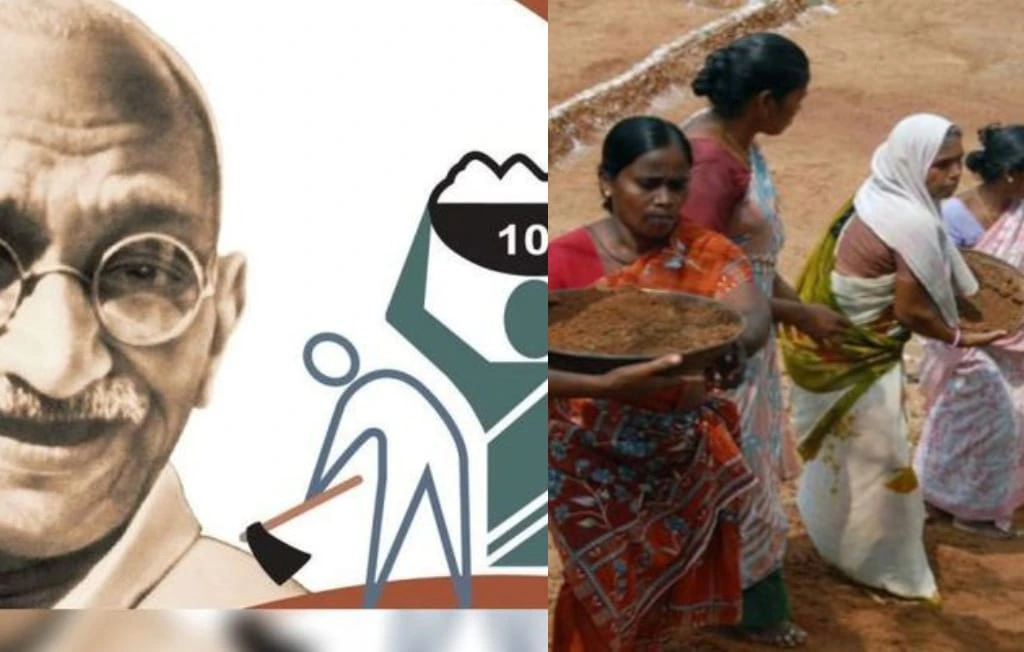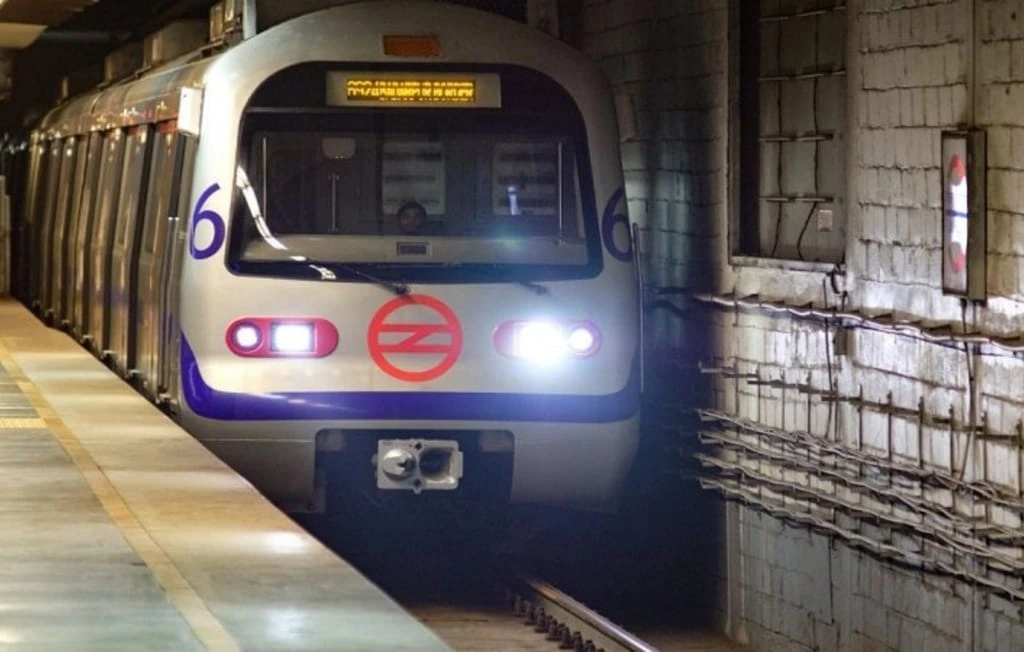by AMREEN AHMAD
student at Jamia Hamdard, New Delhi
What is Uniform Civil Code?
At present, it is being discussed all around and it is not that the Uniform Civil Code is being mentioned today, it has been discussed by the Bharatiya Janata Party since the era of Jana Sangh and has also been talking about implementing it if it comes to power, but once again when the Prime Minister has mentioned it in a rally, it has been in political circles since then. Desperate ness is being seen. Seeing the vote bank, political parties also started coming out in support and opposition to it. The All India Muslim Personal Law Board (AIMPLB) has openly announced its opposition to the UCC. Voices of protest also arose from the tribal and Sikh communities.
All the allies of the Bharatiya Janata Party have shown their stand on the Uniform Civil Code, three Chief Ministers of the Northeast are against the UCC while they are running the government in alliance with the BJP. In such a situation, the Modi government has assigned four ministers to hold consultations with different communities. It is being said that the Modi government hardly brings a bill on UCC in Parliament.

Let us know that BJP has always been raising the issue of one country, one legislation and one symbol. In the first and second term of the Modi government, the construction of Ram temple in Ayodhya and the solution of Article 370 from Jammu and Kashmir have been found. In such a situation, now only the issue of uniform civil code remains. Pm Modi had never spoken on this in 9 years, but at the Bhopal rally on 27 June, he spoke on the Uniform Civil Code with an extension and also told that the Supreme Court is constantly pressuring the government to implement it. After the rally, there was talk that the Modi government could step up its move on UCC and bring a bill in Parliament in the monsoon session. But now it does not seem so.
Who is with whom on the Uniform Civil Code?
Most parties are opposing the Uniform Civil Code. Only 7 parties have got the support of the UCC so far. While 12 parties are against it, the stand of 11 parties is not clear yet. Bjp, Aam Aadmi Party, BSP, Shiv Sena (Shinde), Shiv Sena (Uddhav), Apna Dal (S) and YSR Congress are in support of UCC. At the same time, Congress, CPI, CPM, TMC, National Conference, RJD, SP, JDS, Akali Dal, Muslim League, DMK and AIMIM are standing against UCC.
Apart from this, the stand of parties like TDP, JJP, BJD, BRS, AIADMK, HAM, PDP, JDU, NCP, JMM and VBA is not clear on UCC. On the UCC issue, the BJP does not seem to be getting the support of its allies. It is being opposed the most in the northeastern states, where it is being opposed in some way or the other. Meghalaya Chief Minister Conrad Sangma, who is running the government with the support of the BJP, has clearly said that he is not with the BJP on UCC. CM Sangma had said that we have a matrilineal society and this is our strength. This has been our culture. It can’t be changed now.
In Mizoram, the Mizo National Front may be running the government in alliance with the BJP, but its stand on the UCC issue is different. Mizoram has passed a resolution in the assembly that even if the central government gets it passed by Parliament, it will not be applicable in Mizoram. It can be implemented in the state only when it is passed by the assembly. NPF leader Neiphiu Rio, who is running the government with the BJP in Nagaland, is also opposed to the UCC. He has warned that any attempt to impose a possible uniform civil code will be futile.
The BJP and the Asom Gana Parishad have an alliance in Assam, but it has a different stand from the BJP on the UCC issue. Similarly, in Manipur, BJP’s allies are angry over the UCC issue, while in Tripura, BJP’s ally IPFT is also angry. Not only this, the AIADMK, an ally of the BJP in Tamil Nadu, has also clearly said that they are not together on the issue of UCC. We have lived with him. We will live even further. Parties in the Northeast see a threat to their identity and culture with the coming of the UCC.
Fear of moving northeast
The BJP has strengthened its political roots in the Northeast in the last 9 years, on the basis of which it is in power in all the states of the North East on its own or as an ally. After the defeat of Karnataka, BJP has been wiped out from South India. In this way, the BJP is in power on its own in Gujarat, UP, Uttarakhand and Madhya Pradesh, while in Haryana and Maharashtra with an alliance. In such a situation, the northeast area is being saved, where voices of opposition to UCC are rising. In such a situation, if the government takes steps to bring UCC, then political challenges may arise in the northeastern states.
Manipur is already burning and has been in the grip of violence for two months. In such a situation, if the UCC law comes, then the spark can flare up even more. Along with Manipur, there may be an anti-UCC movement in other states of the Northeast. During the CAA, there were agitations in many states of the North East including Assam, which the BJP had to sweat to handle. The UCC is threatening the tribals with their religious identity and culture, which can also intensify their opposition. Before the 2024 Lok Sabha elections, would the BJP want to take such a big political risk in the Northeast?
Will BJP upset tribals?
The BJP is constantly focusing on the tribal community, due to which Draupadi Murmu was made the President of the country. For the first time in the Gujarat elections, the BJP has got a one-time vote of the tribal community and tribal voters are very important in four of the five states where elections are to be held this year. If the Modi government goes ahead with its move on the UCC issue, there is also a risk of alienating the tribal community coming to the BJP, because the UCC will make a law for everyone on marriage, divorce, inheritance. Due to this, the tribal community is seeing a threat to their identity and rights. It is being said about UCC that the rights and freedom of the tribal society of the country can be reduced, due to which voices of protest are arising from the tribal community. Tribals constitute 8.6 per cent of the country’s population, but in many states, tribals have the power to create and spoil the game of any political party. Of the total 543 Lok Sabha seats in the country, 47 seats are reserved for the tribal community, out of which the BJP managed to win 31 seats in 2019. In such a situation, will the BJP dare to risk resentment with the tribal community by bringing the UCC?
How will the favourite-Sikh-Christian bet be skilled?
The BJP is constantly trying to reach out to the Pasmanda-Bohra Muslim, Sikh and Christian communities. PM Modi has a special focus on Pasmanda and Bohra Muslims. Similarly, in Punjab, the BJP is trying to woo the Sikh community, while in Kerala, it is struggling to win the trust of the Christian community. In such a situation, there are no Muslims, Sikhs and Christian communities in favour of implementing UCC. The Muslim Personal Law Board has submitted its draft to the Law Commission and lodged its objections to the UCC and has also announced to protest. In view of the anger of the Sikh community, Punjab CM Bhagwant Mann has opposed the UCC, which is contrary to the stand of the Aam Aadmi Party. In such a situation, given the opposition of a large section of the minority community, questions are being raised whether the government will be able to muster the courage to bring the UCC Bill in Parliament. The CAA was opposed by a large Muslim community, but the UCC is being opposed by people of all religions included in the minority community. In such a situation, it has to be seen whether the Modi government will be able to move forward on UCC? Given the political compulsions of the government, it is being said that UCC will be implemented in Uttarakhand, Assam and Gujarat and its litmus test will be done. Because these three states are considered to be the laboratory of Hindutva. If the experiment is successful in these three states, then the talk of making a national law on it can be taken forward.





